Keywords: World Youth Day
There are more than 200 results, only the first 200 are displayed here.
-

AUSTRALIA
- Binoy Kampmark
- 31 October 2024
Two narratives dominate Australia’s view of children. The first casts them as dangerous, irredeemable offenders. The second, as vulnerable innocents threatened by risks online. Both anxieties reveal deep-seated tensions over safety, innocence, and societal responsibility.
READ MORE
-

AUSTRALIA
- Cherie Gilmour
- 18 October 2024
The ideological fissures within modern feminism demand examination. Raising a daughter gives me literal skin in the game, making this a deeply personal journey to understand what has changed and what remains true since the seemingly carefree days of #girlpower.
READ MORE 
-
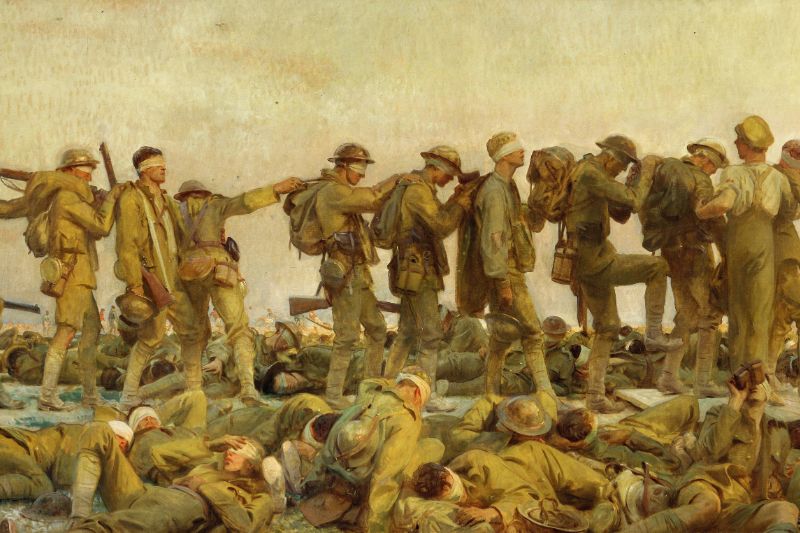
ARTS AND CULTURE
- Warwick McFadyen
- 16 October 2024
If only those who send their nation’s youth to war would read Muse of Fire, World War I as seen Through the Lives of the Soldier Poets. It is both homage and horror story. It carries the reader across several fronts – the disparate journeys that led these men to the killing fields of Europe, the blood-soaked chrysalis from which the words of the war poets arose.
READ MORE
-

AUSTRALIA
- Smeeta Singh
- 06 September 2024
Australia is quietly confronting a national crisis: one in every four Australian children has been a victim of child sexual abuse, but you would never guess the scale of this crisis, given the lack of urgency from our national discourse.
READ MORE 
-
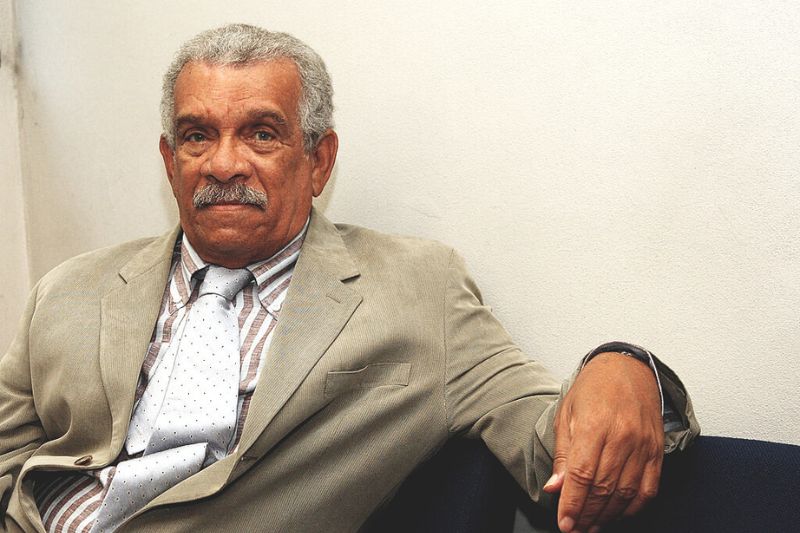
ARTS AND CULTURE
- Peter Steele
- 29 August 2024
Good poetry stops us in our tracks, visited as we are by whatever it is that has stopped the poet in his tracks. This agency may properly be, as in Walcott's case, something stemming from cultural marginality, from a fascination with the dramatic, from an equipoise between the lyrical and the epical, or from the interweaving of all these. (From the Eureka Street archives)
READ MORE
-
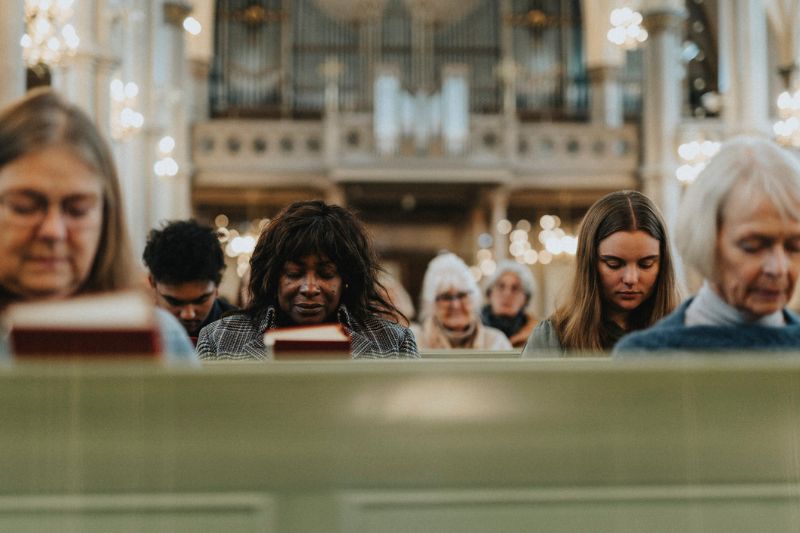
RELIGION
- Elizabeth Young
- 15 August 2024
Copious research has demonstrated the historical existence of women deacons, including St Phoebe, the only person in scripture with the descriptor Deacon. So how far off is Australia from ordaining women deacons?
READ MORE
-

AUSTRALIA
- Juliette Hughes
- 21 June 2024
Most soldiers don’t like to talk about what they’ve been through, the things they’ve had to see; the things they’ve had to do. Uncle George was more willing to talk as he got older and more willing to be coaxed by a crowd of adoring nieces. But there were some things he'd never say. And the war never went away from him.
READ MORE 
-
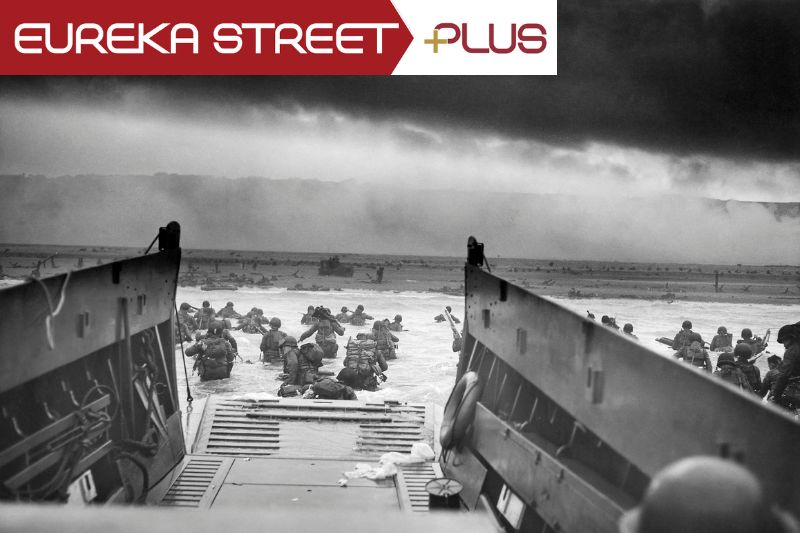
INTERNATIONAL
- Geraldine Doogue
- 18 June 2024
I wonder how many Australians were captivated, as was I, by the 80th anniversary D-Day celebrations? They seemed epochal to me: a reminder of something remarkable and a pointer to something possible, namely new resolve to maintain peace in Europe. Not too many Australians, as it turned out, were similarly mesmerised.
READ MORE 
-
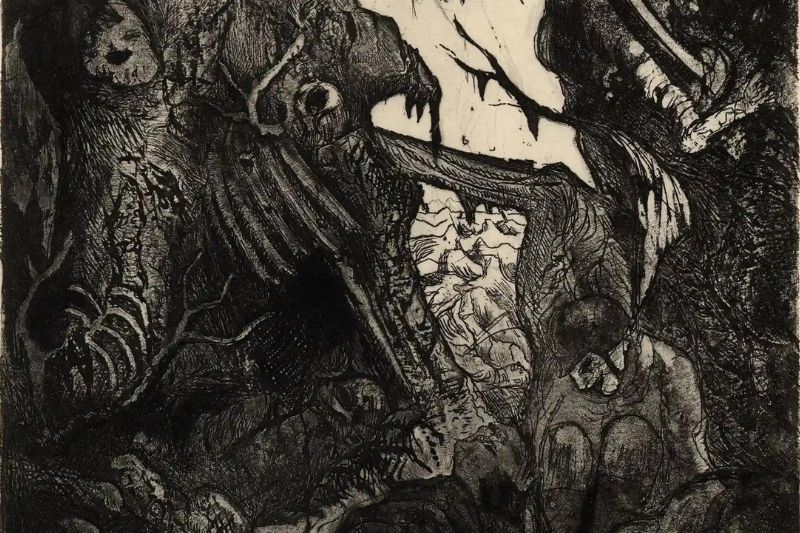
AUSTRALIA
- Warwick McFadyen
- 25 April 2024
How about truth as an antidote to war? Who would have stomach for it, though we see war as part of existence? The trouble with its normalisation, such as in games, both in backyards and in cyberspace, is that becomes uncoupled from reality.
READ MORE
-
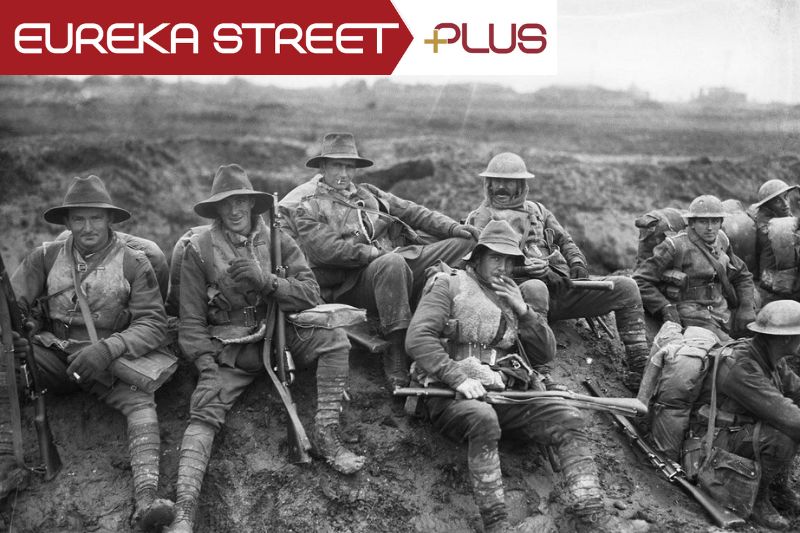
AUSTRALIA
- Peter Craven
- 24 April 2024
For those born in the wake of World War II, war stories seemed the greatest fun on earth. But the pity of it is monumental and we come to take it – if not for granted – then at least as part of the fabric of minds that had met with all that was terrible in human experience and all that called out for reverence.
READ MORE 
-

ARTS AND CULTURE
- Michele Frankeni
- 15 April 2024
What is so desirable about erasing our experiences from our faces? After all, they’re not called character lines for nothing. Shaw may have said youth is wasted on the young, but really youth is wasted on the aged.
READ MORE 
-
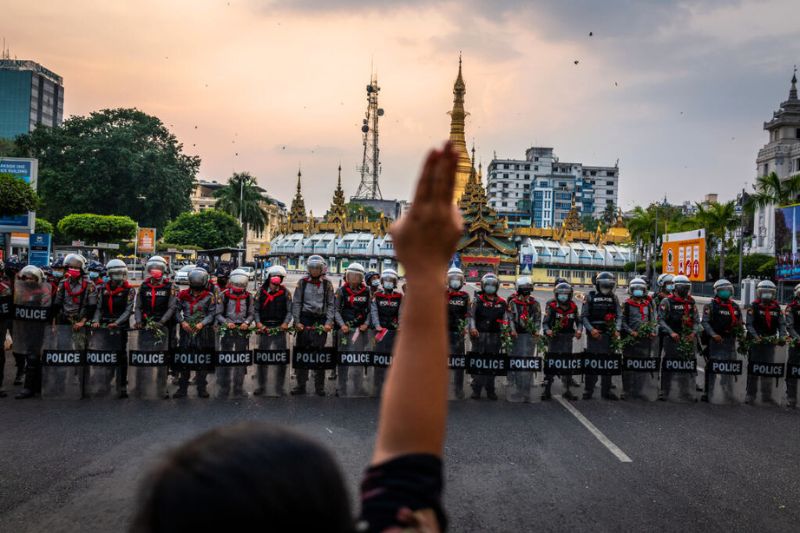
INTERNATIONAL
The Myanmar civil war has left the country devastated. Three years since a military coup, Myanmar is a humanitarian catastrophe. With over 2.7 million people displaced, the UN reported that 18.6 million people need humanitarian aid, 6 million of whom are children. A report from our correspondent in Myanmar.
READ MORE